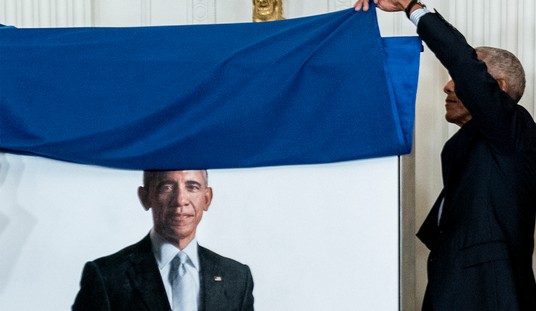Like many other people, I have a sneaking admiration for those who commit forgery or fraud (provided the latter is not on me), especially if in the process they make authorities look foolish and thereby expose their pretensions or incompetence. For a time the notorious forger of Vermeer, Han Van Meegeren, was the second most popular person in Holland after the Queen, even though he was not an especially attractive person and his so called Vermeers were to me obvious fakes.
Biomedical fraud is not uncommon, either, and can have dire consequences. The English doctor, Andrew Wakefield, started a worldwide scare about the Measles, Mumps and Rubella vaccine with his bogus and corrupt research. Most such fraud involves the fabrication of results, and even when it leads to no disaster for patients, it leads other researchers up the garden path, wasting time and resources.
But a recent article in the New England Journal of Medicine draws attention to a relatively new form of fraud. Before accepting a paper for publication, reputable scientific journals send it out to peer review, that is to say to other workers in the field who criticize it, make suggestions for improvement, and recommend either acceptance or rejection. An author whose paper is rejected by one journal need not despair: he can try other journals in a descending order of prestige.
Peer review is time consuming and it is often difficult for the editors of general journals, such as the Lancet, the New England Journal and so forth, to be familiar with the experts in all fields. The editors of smaller journals do not have the resources of their more eminent confrères necessary to find them, and they, the editors, are frequently judged by the speed with which they publish manuscripts sent to them. Scientists are anxious to be published as quickly as possible because others in their field might publish before them, and to be second to publish a discovery is about as useful as being the seventh best javelin thrower in the world.
Because of super-specialization, the authors of papers themselves are nowadays often asked to suggest referees for peer review of their own work, but this, of course, leaves an opening for the practice of fraud. In a modern variant on Gogol’s Dead Souls, some scientists have been caught sending their papers for peer review to non-existent reviewers, complete with a curriculum vitae and an e-mail address. The article quotes the author of a blog on scientific research called “Retraction Watch,” who said “This is officially becoming a trend,” an odd way to put it, since either it is a trend or it isn’t, official recognition having nothing to do with it. There are even companies in China, apparently, that will help scientists to manufacture bogus peer reviews. A new twist would be for the rivals of those scientists to pay for bad reviews. Everything is possible in this crooked world of ours.
The pressure on academics to publish, irrespective of whether they have anything to say, either for the sake promotion or even of mere continuance in post, is the soil which allows this particular weed in the garden of human dishonesty to flourish. Two large publishers of scientific journals, Sage and Springer, have retracted more than 100 papers in the last year because of bogus peer review. Neither the article nor the commentary from readers on it mentions that a bogus peer review does not necessarily mean that the science is bogus too, though it stands to reason that it is likely to be. But what stands to reason may not be the case, and as far as I know, no one has looked into this question.
I look forward to the next kind of fraud in medical research.









Join the conversation as a VIP Member